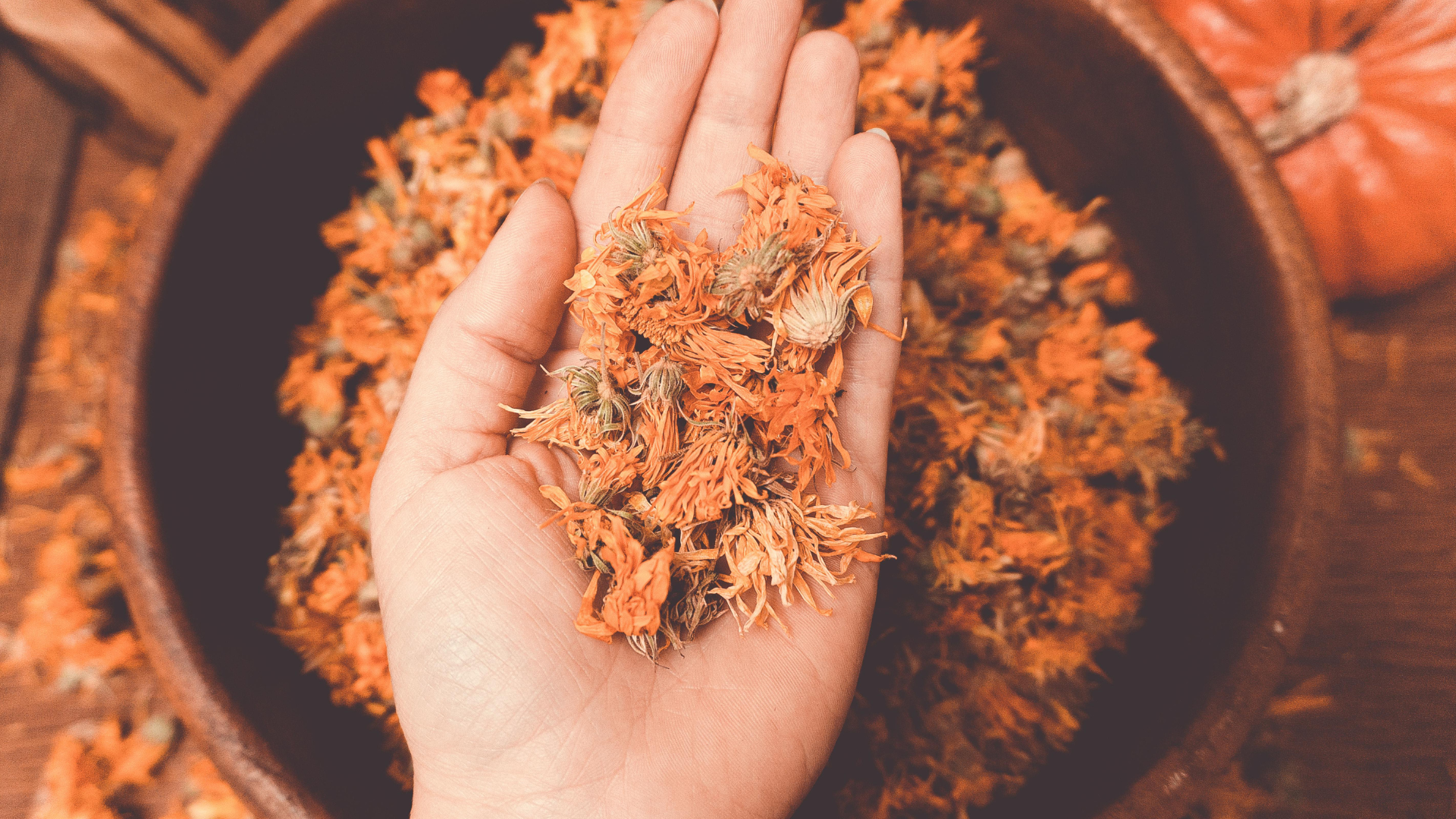Nurturing Resilience: Ayurveda's Guide to Immune Health
Jun 23, 2025
Nurturing Resilience: Ayurveda's Guide to Immune Health
Introduction:
In the complex dance of health and well-being, the immune system plays a pivotal role, acting as the body's defense against external threats. Ayurveda, the ancient science of holistic living, offers a profound understanding of immune health, emphasizing the interconnectedness of mind, body, and spirit. Let's explore Ayurveda's timeless wisdom for nurturing resilience and fostering a robust immune system.
Understanding Immune Health in Ayurveda:
In Ayurveda, a healthy immune system is viewed through the lens of balanced doshas—Vata, Pitta, and Kapha. The body's ability to defend itself against infections, toxins, and stressors is influenced by the harmony of these three fundamental energies. Here are Ayurvedic insights for supporting immune health:
1. Balanced Nutrition for Immune Resilience:
Seasonal Eating:
-
Align your diet with the seasons. Ayurveda emphasizes the consumption of seasonal, locally sourced foods to provide the body with essential nutrients that vary with environmental changes.
Colorful Fruits and Vegetables:
-
Include a variety of colorful fruits and vegetables in your diet. These foods are rich in antioxidants and phytonutrients, supporting immune function.
Ghee (Clarified Butter):
-
Incorporate ghee into your diet. Ghee is considered an immune-booster in Ayurveda and is believed to enhance Agni (digestive fire) and nutrient absorption.
2. Digestive Health for Immune Support:
Agni-Stoking Spices:
-
Spice up your meals with immune-supportive spices like ginger, turmeric, cumin, and coriander. These spices kindle Agni and aid in digestion, promoting nutrient assimilation.
Probiotic Foods:
-
Include probiotic-rich foods such as yogurt, kefir, and fermented vegetables. A healthy gut microbiome is crucial for immune function and overall well-being.
3. Ayurvedic Herbs for Immunity:
Ashwagandha:
-
Ashwagandha, an adaptogenic herb, is known for its immune-modulating properties. It helps the body adapt to stress and supports overall immune health.
Tulsi (Holy Basil):
-
Tulsi is revered in Ayurveda for its immune-boosting and antimicrobial properties. Consider incorporating Tulsi tea into your routine for its numerous health benefits.
4. Balancing Sleep and Circadian Rhythms:
Quality Sleep:
-
Prioritize quality sleep to support immune function. Aim for 7-8 hours of uninterrupted sleep, as the body undergoes crucial repair and regeneration during this time.
Early to Bed, Early to Rise:
-
Align your sleep schedule with the natural circadian rhythms. Going to bed early and waking up with the sunrise is conducive to overall well-being.
5. Stress Management for Immune Harmony:
Mindfulness Practices:
-
Engage in mindfulness practices such as meditation, deep breathing, or yoga. These practices help manage stress, which can negatively impact immune function.
Daily Relaxation:
-
Incorporate moments of relaxation into your daily routine. Whether it's a short walk, deep breathing, or a few minutes of quiet contemplation, these practices contribute to overall well-being.
6. Physical Activity for Immune Resilience:
Moderate Exercise:
-
Engage in regular, moderate exercise. Activities like walking, yoga, or Tai Chi enhance circulation, promote lymphatic drainage, and support immune health.
Adapt to Your Dosha:
-
Tailor your exercise routine to your dosha constitution. Vata individuals may benefit from grounding activities, while Pitta individuals can embrace cooling exercises.
7. Hydration Habits for Immune Support:
Warm Water Throughout the Day:
-
Sip on warm water throughout the day. Staying well-hydrated supports digestion, elimination, and the body's natural detoxification processes.
Herbal Teas:
-
Enjoy immune-supportive herbal teas. Teas with ingredients like ginger, licorice, and Echinacea can be beneficial for immune resilience.





